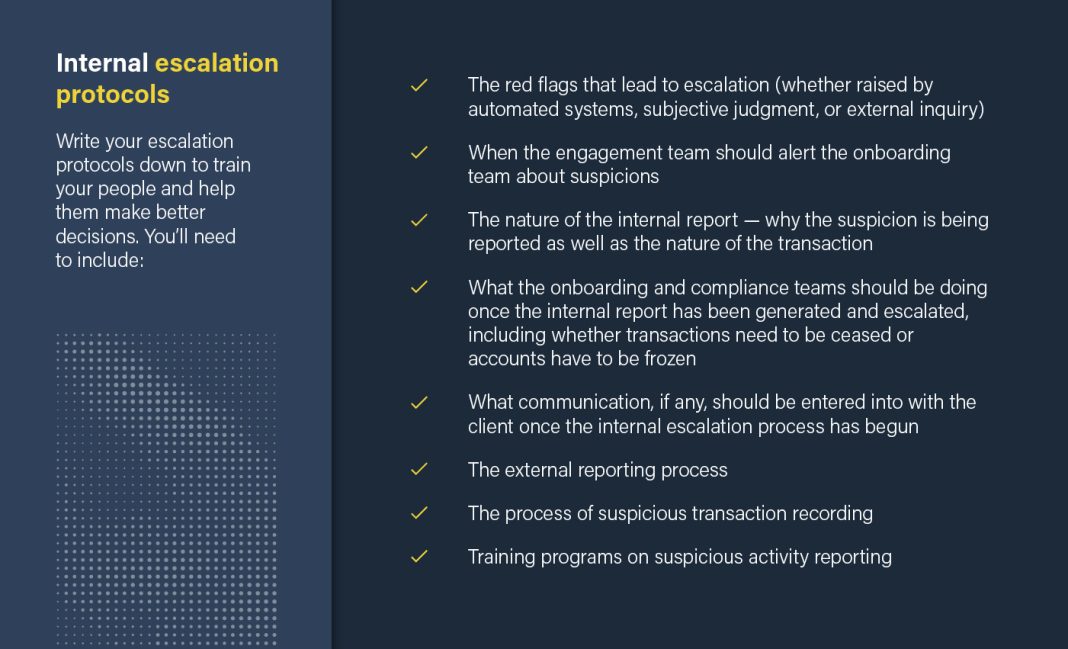 Background: Federal Judge Declines to Block Rule Closing the “Gun Show Loophole”
Background: Federal Judge Declines to Block Rule Closing the “Gun Show Loophole”
In a recent development, a federal judge in Kansas has refused to halt the nationwide enforcement of a federal rule known as the “gun show loophole.” The rule requires individuals who predominantly sell firearms for profit to obtain a federal license and conduct background checks. This rule, which has been the subject of controversy, was designed to address concerns surrounding gun sales at gun shows.
Legal Challenges and Ruling
This ruling comes in response to a lawsuit filed by Kansas and 19 other states, along with three individual gun collectors and a collectors association based in Wichita. The complaint was initially filed in Arkansas but was later transferred to Kansas. Two additional lawsuits challenging the rule were also brought in Florida and Texas. In total, 26 states have joined these legal challenges, arguing that the rule infringes upon the Second Amendment and represents an unconstitutional attempt to bypass Congress and expand background checks.
In his decision, U.S. District Judge Toby Crouse stated that the plaintiffs failed to demonstrate a strong likelihood of success on the merits of their case. While they may ultimately succeed, their predictions of harm to the states, gun collectors, and groups were deemed too speculative. Judge Crouse emphasized the importance of substantial evidence when challenging such a rule.
The “Gun Show Loophole” Rule
The rule in question was developed by the Department of Justice and the Bureau of Alcohol, Tobacco, Firearms, and Explosives (ATF). It was finalized in April and sought to redefine what it means to be “engaged in the business” of dealing firearms. Under this new definition, individuals selling guns predominantly for profit are required to obtain a federal license and conduct background checks.
Exceptions to the rule exist for hobbyists, antique gun collectors, family transfers, and occasional sales for personal collection enhancement or liquidation. These exceptions are based on the premise that such sales are not primarily motivated by the intent to make a profit.
Closing the “Gun Show Loophole”
Advocates for the rule argue that it closes a significant gap in the federal background check system. Previously, tens of thousands of guns were sold annually at unlicensed dealers without the requirement of conducting background checks to ensure that buyers were not legally prohibited from owning firearms. Vice President Kamala Harris, who oversees the White House Office of Gun Violence Prevention, has spoken out in support of the regulation, stating that it addresses a critical issue and prevents individuals who are legally barred from owning guns, such as convicted felons, from obtaining them.
Constitutional Concerns
Critics of the regulation view it as an unconstitutional means of restricting gun ownership. Arkansas Attorney General Tim Griffin argues that the ATF’s expansion of firearms dealer license requirements has never been passed into law by Congress. He asserts that President Biden does not have the authority to impose such regulations unilaterally. Kansas Attorney General Kris Kobach, who joined Griffin in the lawsuit, expects the rule to be ultimately struck down and suggests that its fate may be determined by the outcome of the upcoming presidential election.
The Status of Legal Challenges
While the ruling in Kansas allows for nationwide enforcement of the rule, it is important to note that legal challenges in Florida and Texas remain pending. A Texas judge temporarily blocked enforcement of the rule but did not extend this decision to three other states involved in the lawsuit—Louisiana, Mississippi, and Utah.
Conclusion
The recent ruling by a federal judge in Kansas rejecting a request to block the nationwide enforcement of the “gun show loophole” rule has sparked further debate surrounding gun control measures. While proponents argue that the rule closes a significant gap in background checks and prevents prohibited individuals from obtaining firearms, critics view it as an unconstitutional overreach. The outcome of ongoing legal challenges in Florida and Texas will likely provide further clarity on the future of this controversial rule.


